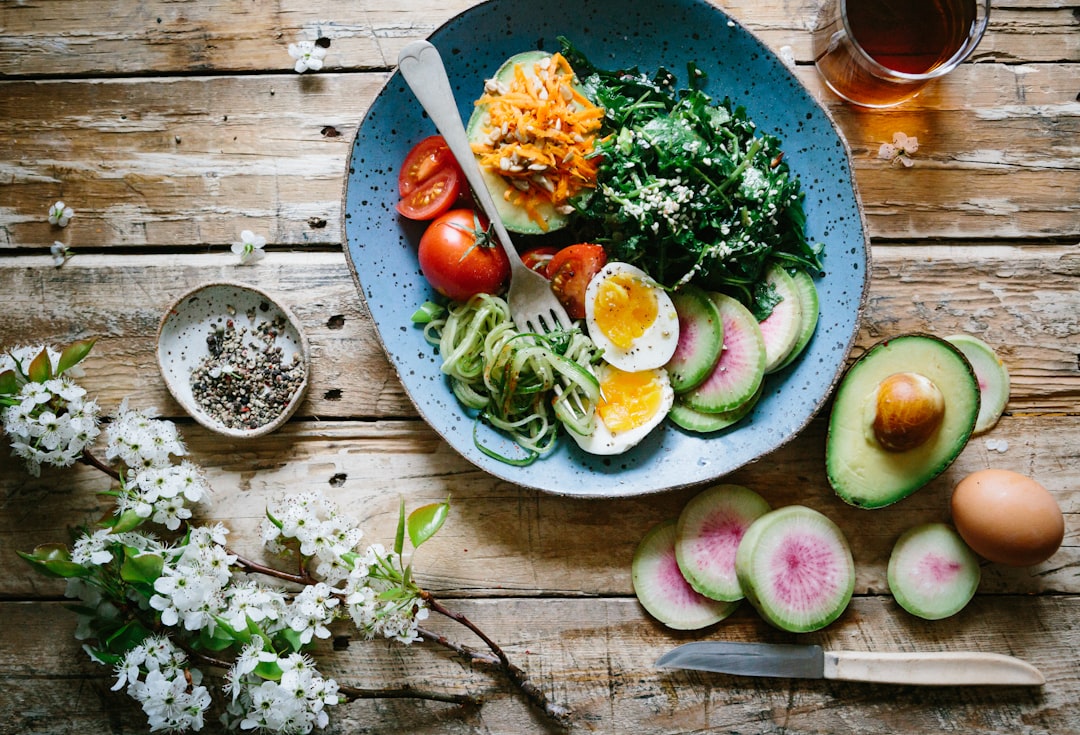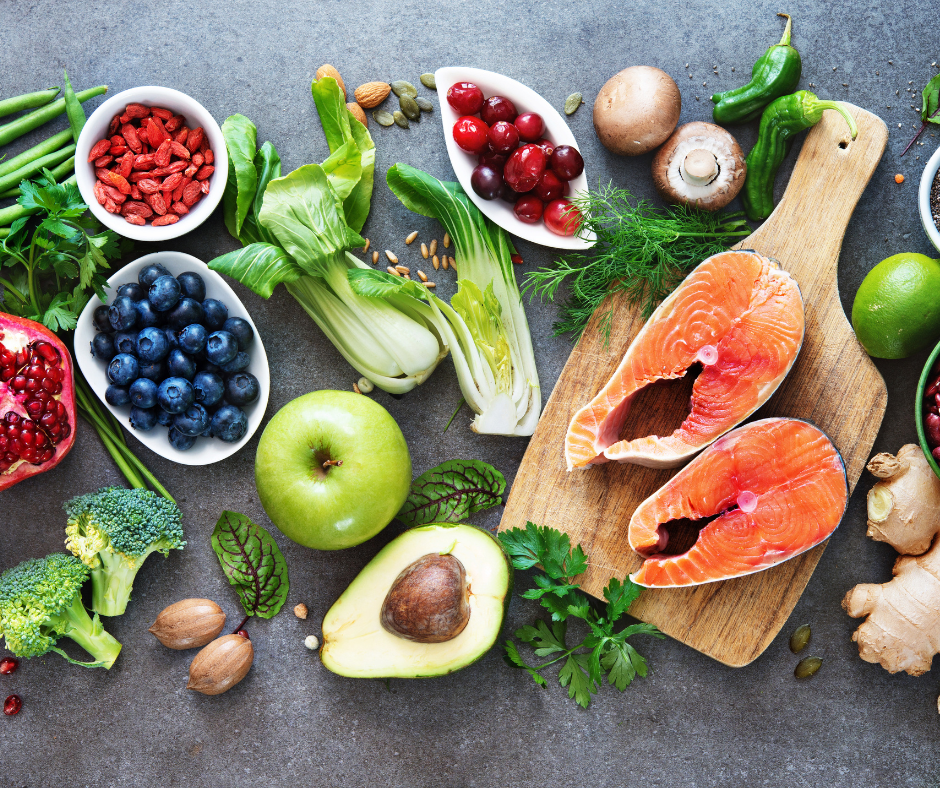
In the world of health and fitness, making some simple nutritional changes can significantly enhance your performance and overall wellness. Whether you are an avid gym-goer or someone who simply wants to lead a healthier lifestyle, understanding the basics of nutrition can be a game-changer. Today I am going to share a case study with you that will explore ten manageable nutritional changes that can help you optimize your fitness routine and promote better health.
Meet Jackie
Background and Fitness Goals
Jackie is a 30-year-old marketing professional she decided to embark on a new fitness journey to improve her energy levels and lose some weight. Despite her regular sessions with me, she still struggled to see the results she wanted. Overtime Jackie began to realize she needed a more holistic approach, and wanted to not only focus on exercise but also on her diet.
Initial Nutritional Habits
In the beginning I could see her diet lacked structure. She often skipped breakfast, relied heavily on processed snacks, and consumed high amounts of sugar. This pattern left her feeling fatigued and dissatisfied with her progress.
Over the course of the next few months I slowly started introducing the changes you will see in the next section.
Once she started to understand her current nutritional habits and how the new ones would help her, she was on board and ready to start making the changes.
I can say with confidence Jackie is a new person. She no longer skips breakfast, her diet is filled with whole foods, clean proteins, fruits, vegetables and healthy fats. Long gone are the days of eating fast food and prepared frozen meals. She has enough energy to get through her work day and her added exercise sessions.
Keep reading if you would like to see what her transformation consisted of.
10 Simple nutritional changes
1. Start Your Day with a Balanced Breakfast
Impact on Energy Levels
A balanced breakfast is essential for kick starting your metabolism and providing sustained energy throughout the day. Studies show that individuals who consume a nutritious breakfast tend to perform better in physical activities and have improved concentration levels.
Quick Breakfast Ideas
2. Hydrate with Purpose
Importance of Water Intake
Staying hydrated is crucial for optimal bodily functions, especially during exercise. Dehydration can lead to decreased performance, fatigue, and even muscle cramps. Aim for at least 8-10 glasses of water daily, adjusting based on activity levels.
Creative Ways to Stay Hydrated
3. Incorporate More Whole Foods
Benefits of Whole Foods
Whole foods are typically more nutrient-dense than their processed counterparts. They provide essential vitamins, minerals, and fiber, which can help in weight management and improved digestion.
Easy Swaps for Processed Foods
4. Understand Portion Control
How Portions Affect Progress
Even healthy foods can contribute to weight gain if eaten in excess. Understanding portion sizes can help you manage your caloric intake without compromising on nutrition.
Visual Portion Control Tips
Use smaller plates to naturally limit portion sizes. A serving of protein should be about the size of a palm, while carbohydrates can be roughly the size of a fist. This visual guide can be an easy way to measure your food without constant weighing.
5. Increase Protein Intake
Protein’s Role in Recovery
Protein is vital for muscle repair and recovery, particularly after workouts. Increasing your protein intake can help support muscle growth and reduce recovery time.
Delicious Protein Sources
6. Embrace Healthy Fats
Why Fats Matter
Healthy fats are essential for hormone production, nutrient absorption, and overall cellular health. Incorporating them into your diet can also enhance feelings of satiety.
Healthy Fat Options
7. Add More Color to Your Plate
Nutritional Benefits of Colorful Foods
Colorful fruits and vegetables are rich in various antioxidants and phytonutrients that promote health and prevent disease. The more colors on your plate, the broader the range of nutrients you consume.
Simple Ways to Add Variety
Try to include at least three different colors in each meal. For example, a salad can have spinach (green), cherry tomatoes (red), and carrots (orange) to enhance its nutritional profile.
8. Plan and Prep Your Meals
Benefits of Meal Prep
Planning and prepping your meals in advance can save time and help you make healthier choices. It reduces the temptation to reach for unhealthy snacks or takeout when you're short on time.
Quick Meal Prep Strategies
9. Limit Sugar Intake
Effects of Sugar on Fitness
Excess sugar can undermine your fitness goals by promoting fat storage and leading to energy crashes. Reducing sugar intake can improve your overall energy levels and physical performance.
Alternatives to Sugary Snacks
10. Listen to Your Body
Recognizing Hunger vs. Cravings
Understanding the difference between physical hunger and emotional cravings is crucial for making mindful eating choices. It’s important to eat when you’re genuinely hungry and to avoid emotional eating.
Mindful Eating Practices
Practice mindfulness by chewing slowly, savoring your food, and reducing distractions during meals. This can enhance your enjoyment of food and help you recognize when you're satisfied.
Jackie’s Transformation
By implementing these ten nutritional changes, Jackie transformed not only her diet but also her outlook on health and fitness. She learned to prioritize whole foods, stay hydrated, and listen to her body's needs. As a result, she experienced increased energy levels, improved performance in the gym, and a stronger sense of well-being.
FAQ's
What are some easy ways to start eating healthier?
Start by incorporating more fruits and vegetables into your meals, opting for whole grains, and planning your meals in advance.
How can I stay motivated to eat healthy?
Set realistic goals, celebrate small achievements, and find a supportive community to keep you accountable.
Is it necessary to count calories?
While counting calories can help some people manage their intake, it's not essential. Focus on the quality of your food and portion sizes instead.
What are some healthy snacks?
Healthy snacks include nuts, yogurt, fruits, and veggies with hummus. They provide sustained energy between meals.
Can I still enjoy treats while eating healthy?
Yes! Moderation is key. You can indulge occasionally without compromising your overall diet.
